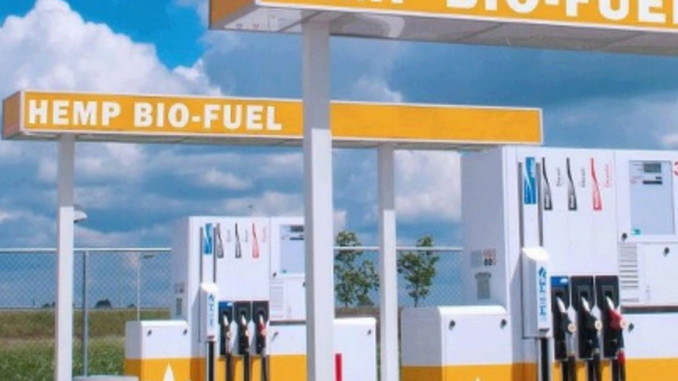
Hemp:
1) doesn’t need as much fertilizer or water as corn, switchgrass or other energy crops
2) doesn’t require the expensive drying required of corn and sugar cane
3) can be grown where other energy crops can’t
4) is more resistant to “adverse fall weather” than other crops and
5) has long been known to be the lowest-moisture highest-cellulose crop
– hemp stalks being “over 75% cellulose” according to a 1929 paper from Schafer and Simmonds, with more conservative estimates indicating 53-74% of the bark being cellulose.
According to the Stanford Research Institute and the Hawaii Natural Energy Institute, it is woody, low-moisture herbaceous plants that make the best biomass for liquid fuels. Hemp is both a low moisture herbaceous and a woody plant. (258)
Furthermore, hemp ethanol would eliminate
1) oil wars
- hemp can grow in sand, thus in nearly every country on earth), (259)
Marijuana Medicine, Christian Ratsch, 2001, p. 64
2) oil spills
– a hemp ethanol spill would just evaporate), (260) and
3) climate destabilization
Chris Conrad, Hemp – Lifeline to the Future, p. 72
Marc R. Deeley, Could Cannabis Provide an Answer to Climate Change?, Journal of Industrial Hemp, Vol. 7(1), 2002, pp. 133-138
See article beginning at page 133.
– this would solve three of the biggest problems we face as a species.
Can Hemp, Marijuana and Mushrooms Fix Fukushima? Part 5: The Solution
By David Malmo-Levine, Cannabis Culture on
